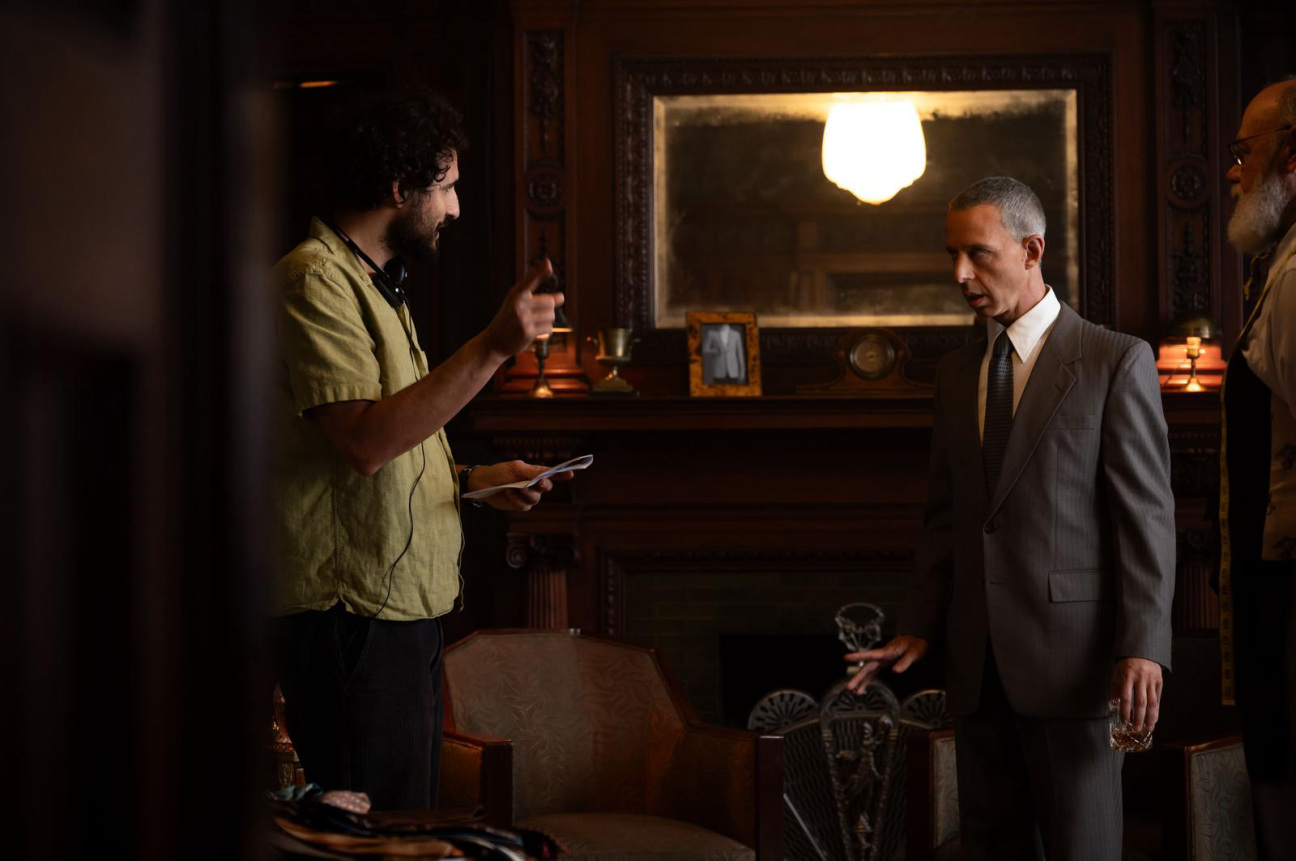
“There’s no upside to making a film like this,” Ali Abbasi says of his latest feature, The Apprentice, a biopic chronicling Donald Trump’s rise to prominence under the mentorship of Roy Cohn in the 1970s and ’80s. “If I were an American director, I might have passed [on it], too.”
Initially, the script, written by the journalist Gabriel Sherman, made the rounds among high-profile filmmakers like Clint Eastwood and Paul Thomas Anderson. Both declined, deeming it a business risk. Without any direct ties to the U.S., the Danish-Iranian Abbasi was a fitting choice. He first became aware of Trump in June 2015, on the day the infamous real-estate mogul descended the escalator of his Fifth Avenue skyscraper to announce his bid for president.
“I didn’t grow up in the U.S.,” says Abbasi, “but living in Iran, you can’t help but have a relationship to [American] politics.” The filmmaker was initially drawn to Trump’s candidness before his rhetoric took a divisive turn—the president’s “Muslim ban” had a personal impact on Abbasi, who at the time held an Iranian passport and had difficulty traveling to the Telluride Film Festival for a screening of his 2018 film Border. It was at the festival that he first encountered Sherman’s script.
The Apprentice represented a departure from the outlandish thrillers and supernatural horror films for which Abbasi had become known. This story, the filmmaker notes, was defined by its “real agenda in understanding this person without bashing or praising him.” It reminded him of Stanley Kubrick's Barry Lyndon. In the 1975 film, the titular Irish striver ascends the ranks of society only to confront the consequences of his ambition and deceit. “Barry is a social climber who doesn’t know where he’s climbing. Donald is similar. He’s not sympathetic, but you begin to understand him,” Abbasi says.
Another aspect of Barry Lyndon that resonated with Abbasi was Kubrick’s ability to immerse viewers in the past through aesthetics atypical for the film genre. (The minimal electric lighting and wide angles created a painterly effect that was entirely Kubrick’s own.) The distinctiveness of that approach served as a foundational inspiration for Abbasi and Director of Photography Kasper Tuxen, who shot 2021’s The Worst Person in the World.
“Recreating a past era with pristine detail always felt a bit too fetishistic and inauthentic to me,” Abbasi explains. Instead, the film begins with a lived-in texture reminiscent of 16mm footage before transitioning into the cruddier appearance of broadcast video. This visual shift mirrors not only the temporal transition but a narrative one, coinciding with the themes at play: the early construction of Donald Trump’s mythological image followed by its deconstruction.
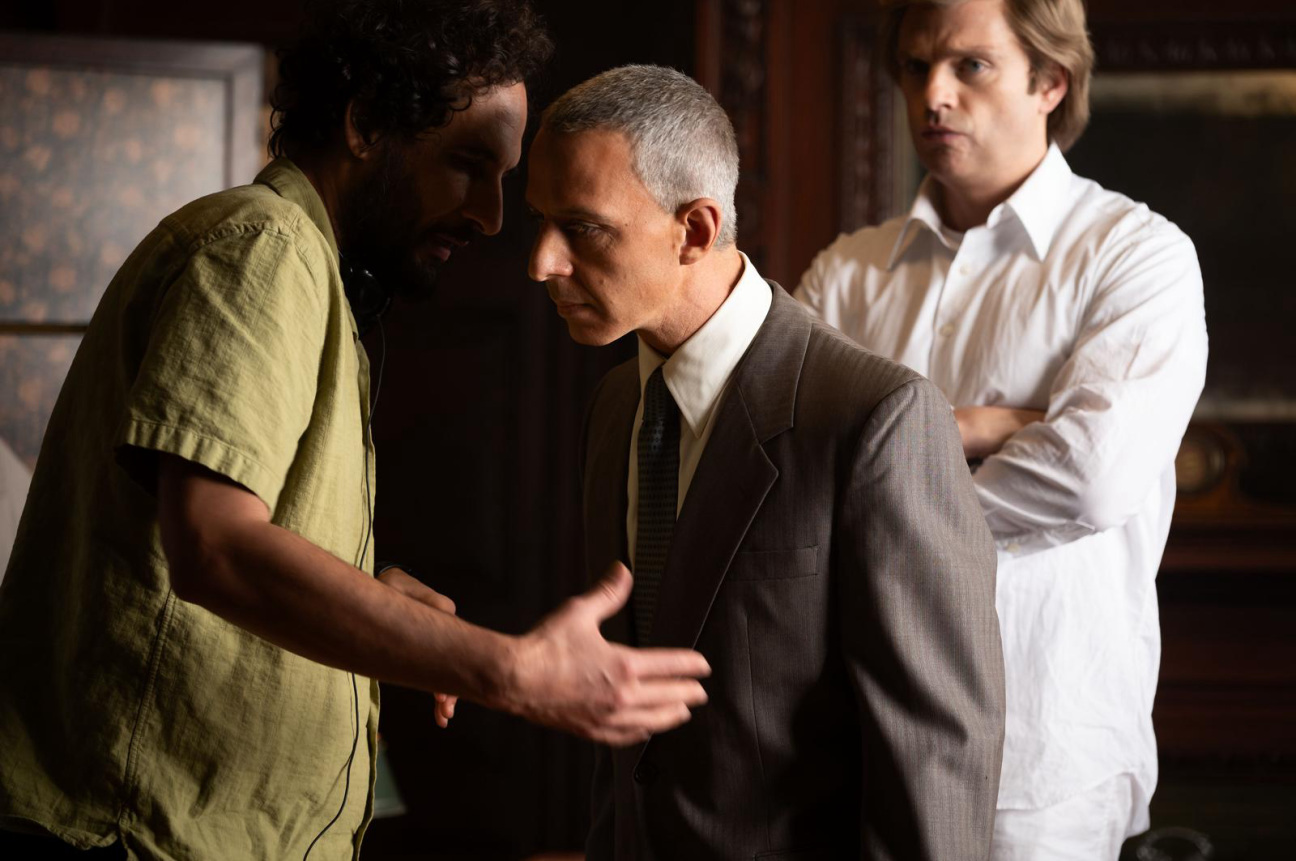
Unexpectedly, The Apprentice eschews sarcasm and cynicism, opting instead to present Trump’s narrative as a human drama. “Every time I make a movie, I ask myself the same questions,” Abbasi says. “Do I like the script? The dynamics? The movement?” Some critics have argued that the film, which initially struggled to find a distributor, fails to deliver a sufficiently hard-hitting portrayal of its subject. Meanwhile, Trump has dismissed it as a “disgusting hatchet job.”
Abbasi is less interested in the film’s political impact than its artistic merit—whether audiences think it’s good or bad. The Canadian filmmaker Mary Harron (best known for I Shot Andy Warhol, American Psycho, and The Notorious Bettie Page) sent him a note of support. “She felt it was absolutely the right decision not to make these people monsters—because that would have let what she called ‘vulture capitalists’ off the hook,” Abbasi explains. “The underlying point is not the humanity of these characters but the system at work. With looser checks and balances, that system can turn anyone into a monster.”
Since its premiere at Cannes last May, where it received an eight-minute standing ovation, the film has elicited enthusiastic reviews of its stars, Sebastian Stan (as Trump) and Jeremy Strong (as Cohn)—both of whom were nominated for Academy Awards. Abbasi—nominated for an Independent Spirit Award for Best Director—adopts a notably hands-off approach when collaborating with actors. “I’ve gotten a reputation for being good with [them],” he remarks, “which isn’t really true. At this level, you’re dealing with very dedicated professionals. It’s not like I can give them any technical tips. In fact, I could make them worse by telling them shit they don’t need to hear.” He feels that his role on set is to cultivate a sense of spontaneity—coordinating a seamless flow between takes and allowing the creative process to unfold naturally.
For the first time in a decade, Abbasi doesn’t have his next project lined up. After a relentless stream of films, which overlapped in their making, he finally has a moment to pause and reflect. “It’s been like dominoes. I want to stop and look at the world around me,” he says, noting that in the past 10 years, the political landscape and what we define as truth has shifted dramatically. “Now, anything with enough likes on X can become reality. Conspiracy theories can rival rational narratives. There is no hierarchy of realities,” he concludes. “Our world has fundamentally changed—and we need to address it.”

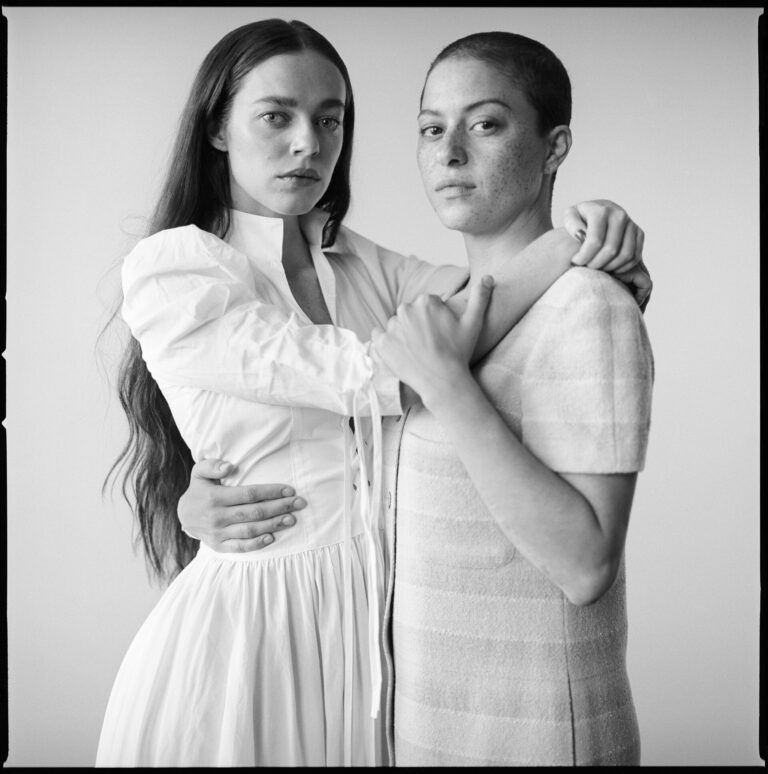

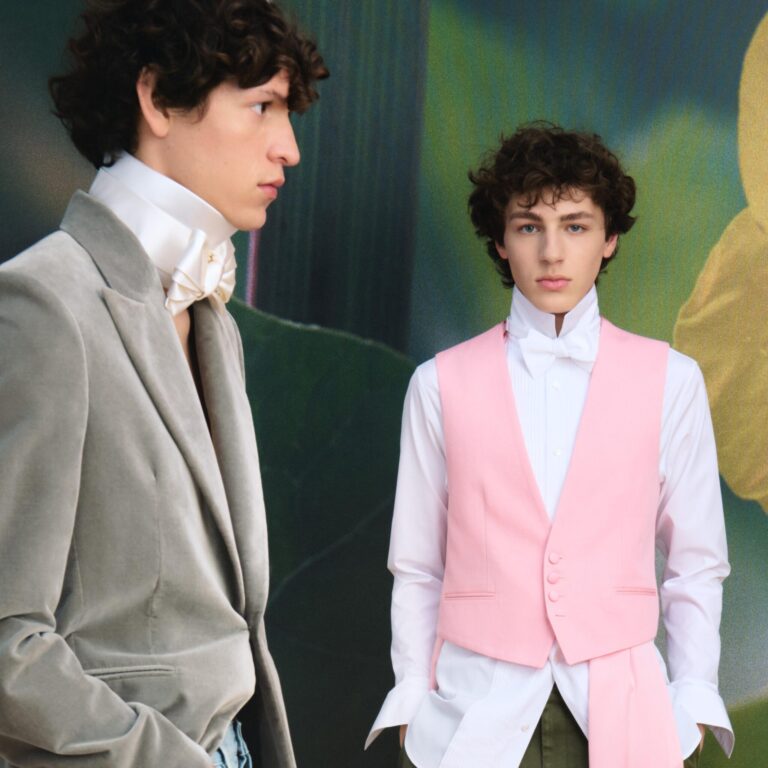
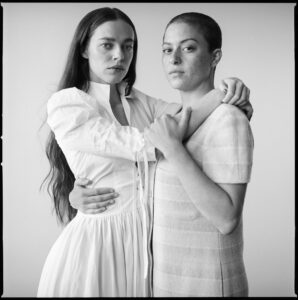





 in your life?
in your life?

